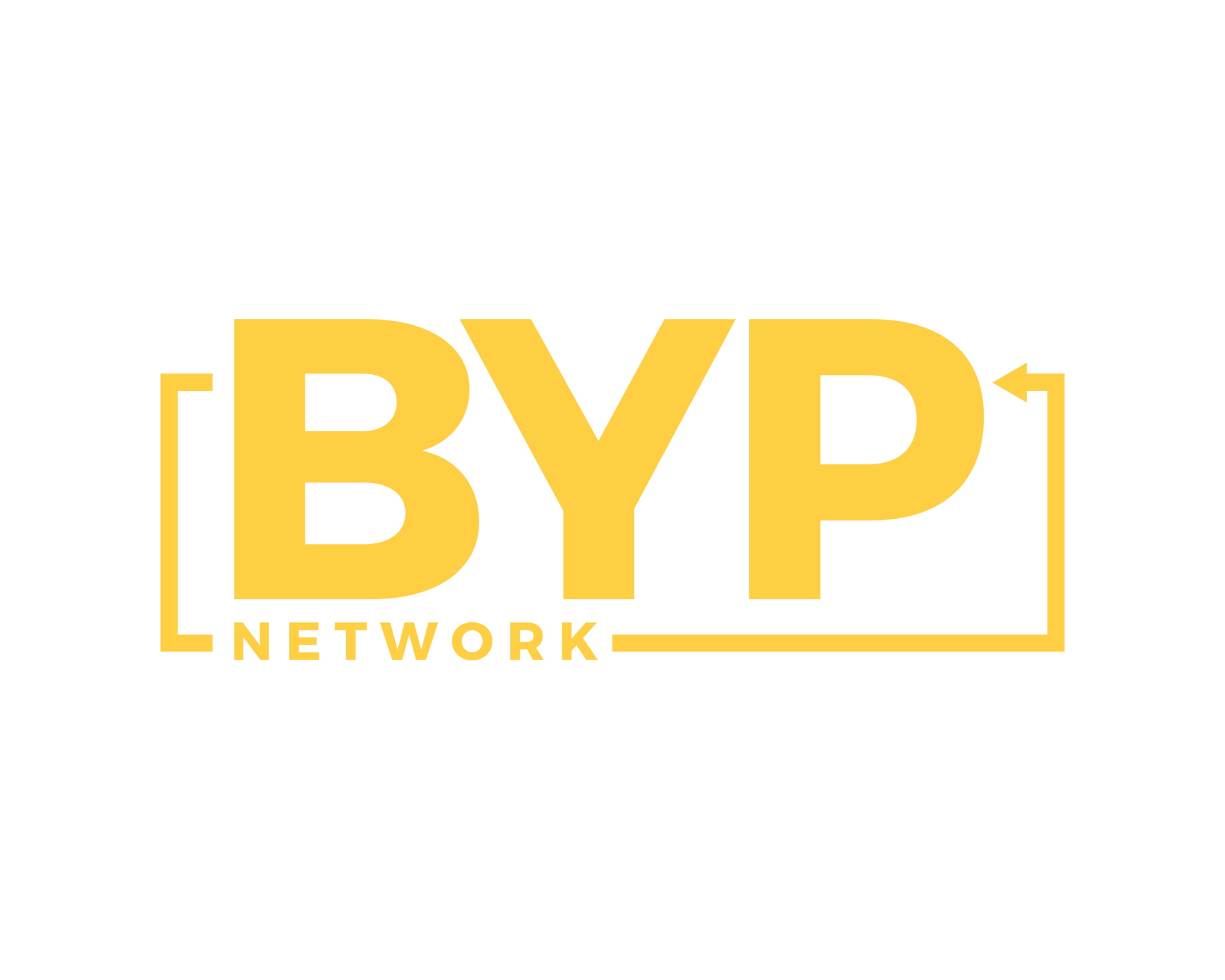While overt racism would appear to have vanished, its systematic vestiges remain, especially in the workforce. The absence of Black representation in leadership positions, including in some top corporate companies, indicates an institutional system that creates the perfect storm for workplace prejudice undermining Black professionals’ progression. More than ever, the BYP network is working to address racism and develop viable solutions through our corporate partnerships to drive positive change across industries through our mentorship programme.
As companies commission more resources to their diversity and inclusion initiatives, data suggests progress for career advancement for many Black professionals remains stagnant. Eighty-three per cent of Black Americans reported that corporate companies needed to do more in regard to racial equity. We believe opening new pipelines of recruitment and acquisition enriches Black lives by providing new opportunities and connections, but can only be done by intentionally acknowledging and addressing the macro and micro manifestations of discrimination.
While macro forms of bias are easily identifiable, microaggression is frequently more evasive. The subtle dismissiveness of the Black experience, insulting remarks, including “you people,” and more can interrupt progression is left unaddressed.
For top business leaders looking to expand their diversity efforts genuinely, research shows that racial diversity produces successful business outcomes. Increasing efforts through mentoring is the first step but requires a deeper look into dismantling racism in its many forms, such as microaggression.
What is microaggression?
In 1974 American Psychiatrist and Harvard Professor Dr Chester Pierce coined the term ‘microaggression’ to describe the covert prejudice and discrimination that Black people experience at the hands of White people. He noted, “One must not look for the gross and obvious. The subtle, cumulative mini-assault is the substance of today’s racism.”
In their Being Black In Corporate America report, Coqual highlighted data indicating 51 per cent of Black professionals said they had experienced prejudice at work compared to 15 per cent of their White colleagues. The same reports maintain that Black professionals experience this at even higher rates than other ethnicities. Often these vague racial microaggressions, on the surface, can appear undetectable. However, such experiences have devastating impacts on Black professionals, resulting in damage to morale, reduced overall productivity, financial losses, and negative impacts on mental and physical health while undermining the progression of racial diversity efforts.
A deeper dive
Imagine working at a company where few people look like you, or who do share the same cultural background as you? Now, take a second and visualise seeing little if any person of leadership that is similar to you either. Unfortunately, what you have just experienced in a few short seconds is what many Black professionals endure 40 hours or more weekly at work.
The Coqual report includes a variety of microinvalidations, insults, and invalidations that are normalised at work. Some of these experiences involve being asked to Black employees being asked to explain life as someone of their race, being directly kept out of opportunities, and even being asked by their white colleagues to touch their hair. Additionally, dismissive comments like “I don’t see colour,” and being the butt of racially insensitive jokes compound the effects of feeling isolated and unheard.
Embracing a new train of thought
Creating an enriching mentorship effort for Black professionals is similar to developing any relationship. Opening honest and safe lines of communication where both parties can authentically discuss boundaries and concerns raises awareness and minimises these toxic behaviours at work.
Being open to learning and validating different experiences breeds a holistic approach for better understanding. By becoming conscious of seemingly harmless jokes and gestures and their historical impact, you are poised to have a long-lasting relationship with your mentee of mutual respect.
How to check your biases
One of the first steps to addressing microaggressive behaviours is education. Taking the initiative to learn about the history of racism and the Black experience can help you become more empathetic and genuine during your engagements with mentees. It can also highlight potential blind spots in your company or organisation to ensure you are better equipped to change policies with a long-standing impact.
While you may not have all the answers, making diversity and inclusion a priority can create a space that not only benefits your overall bottom line but, most importantly, shows your mentee and your staff that as a corporate leader, you are committed to the erasure of discrimination.
Moving forward
When it comes to mentoring in racial dynamics, we believe that action speaks louder than words. Mentoring Black professionals while implementing actionable policies, practices, and processes to uproot prejudice and discrimination can create an inclusive environment where both mentor and mentee can feel connected. This connection provides opportunities mutually beneficial for mentees and mentors. We are excited to drive corporate cultures of allyship where everyone has equal access. Sign up for our BYP newsletter below and partner with us today.
Interested in learning how you can address diversity and inclusion issues in your workplace? Get in touch with the BYP team.
Read more: How to Be a Great Mentor for BYP






